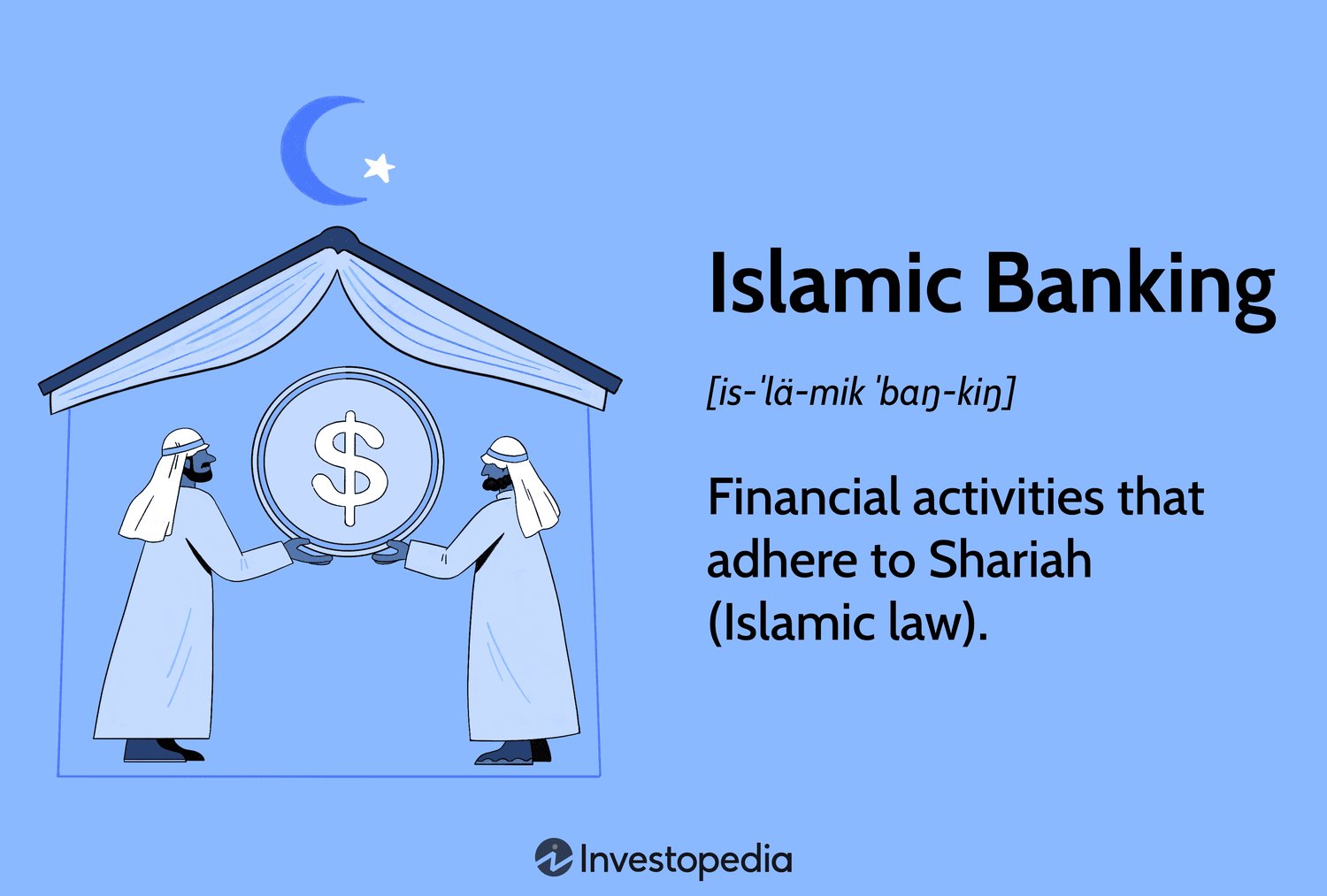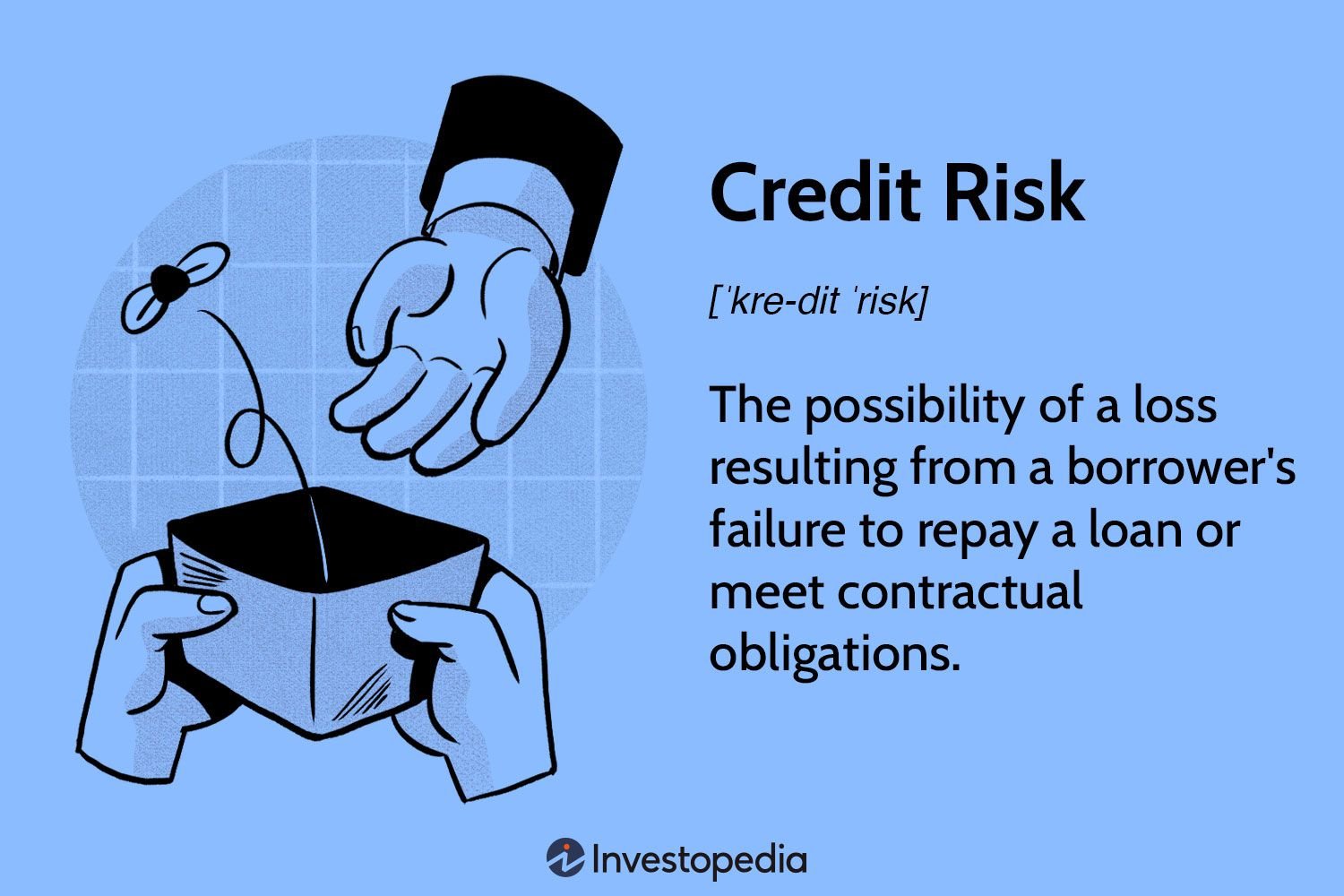Curious about the principles of Islamic finance? Look no further! Understanding the principles of Islamic finance is essential in today’s global economy. With its growing popularity, it is important to grasp the fundamental concepts that guide this unique financial system. In this article, we will delve into the core principles of Islamic finance, exploring its ethical foundations and how it differs from conventional banking. So, let’s dive right in and explore this fascinating topic together!
Understanding the Principles of Islamic Finance
Introduction
Islamic finance is a rapidly growing sector of the global financial industry. It is based on the principles of Shariah, the Islamic law derived from the Quran and the teachings of Prophet Muhammad. Islamic finance aims to provide ethical and socially responsible financial solutions that adhere to the principles of fairness, justice, and transparency.
In this article, we will delve into the principles of Islamic finance and explore the key concepts that guide its practices. By understanding the underlying principles, you will gain insights into the unique features of Islamic finance and how it differs from conventional finance.
The Principles of Islamic Finance
Islamic finance operates under a set of fundamental principles that differentiate it from conventional finance. Let’s explore these principles in detail:
Prohibition of Interest (Riba)
One of the central principles of Islamic finance is the prohibition of interest, known as Riba. Riba refers to the charging or receiving of interest on loans or debts. Islamic finance promotes the concept of risk-sharing and prohibits any unjust exploitation through the charging of interest. Instead, lenders are encouraged to participate in profit-sharing or joint venture arrangements.
Prohibition of Uncertainty and Speculation (Gharar)
Islamic finance also prohibits transactions involving excessive uncertainty or speculation, known as Gharar. This principle aims to ensure transparency and fairness in financial dealings. It discourages contracts that lack clarity or involve excessive risk. As a result, Islamic financial contracts are designed to be more equitable and focused on tangible assets or services.
Prohibition of Gambling and Unethical Practices (Maysir and Haram)
Islamic finance discourages any form of gambling or games of chance (Maysir) and investments in forbidden activities (Haram). Investments in industries such as alcohol, tobacco, gambling, and weapons are considered unethical and are prohibited in Islamic finance. This principle promotes ethical and socially responsible investments that align with the values of Islamic teachings.
Asset-Backed Financing (Tawarruq)
Islamic finance emphasizes asset-backed financing, also known as Tawarruq. This principle requires financial transactions to be supported by tangible assets. Instead of simply lending money, Islamic finance focuses on trading and real economic activity. This principle ensures that financing is linked to productive assets, reducing the risk of speculative activities.
Ethical Investment and Social Responsibility (Sadaqah, Zakat, and Waqf)
Islamic finance promotes ethical investment and social responsibility. It encourages individuals and institutions to engage in acts of charity (Sadaqah), obligatory alms (Zakat), and long-term endowments (Waqf). These practices help redistribute wealth, support the less fortunate, and contribute to the overall welfare of society.
Islamic Financial Instruments
Islamic finance offers a range of financial instruments that adhere to the principles mentioned above. These instruments are designed to provide financing solutions while remaining compliant with Shariah. Let’s explore some of the key Islamic financial instruments:
Murabaha
Murabaha is a cost-plus financing arrangement commonly used in Islamic banking. It involves the sale of a commodity at a marked-up price, agreed upon by both the buyer and the seller. The buyer makes installment payments over a specified period until the agreed-upon price is fully paid.
Mudarabah
Mudarabah is a profit-sharing partnership between an investor (Rab al-Maal) and a manager (Mudarib). The investor provides the capital, while the manager contributes expertise and labor. Profits generated from the business are shared based on a pre-agreed ratio, while losses are typically borne by the investor alone.
Ijara
Ijara refers to Islamic leasing contracts. In Ijara, the lessor leases out an asset to the lessee for an agreed-upon rental fee. The lessee can use the asset for a specified period, after which it is returned to the lessor. Ijara is commonly used for equipment, vehicles, and property financing.
Sukuk
Sukuk are Islamic bonds that provide investors with ownership in underlying assets. Unlike conventional bonds, which represent debt obligations, Sukuk holders have an undivided ownership interest in the underlying asset. Sukuk offer an alternative investment avenue for those seeking Shariah-compliant fixed-income securities.
Takaful
Takaful is an Islamic form of cooperative insurance based on the principles of mutual assistance and shared responsibility. Takaful participants contribute premiums into a pool, which is then used to compensate members who suffer a loss. Takaful offers insurance coverage while avoiding the element of uncertainty and interest found in conventional insurance.
Regulatory Framework for Islamic Finance
Islamic finance operates within a regulatory framework that ensures compliance with Shariah principles. Governments and regulatory bodies in Muslim-majority countries have established specialized regulatory authorities to oversee the functioning of Islamic financial institutions. These authorities collaborate with religious scholars to provide guidance on compliance with Islamic principles.
Additionally, international organizations such as the Islamic Financial Services Board (IFSB) and the Accounting and Auditing Organization for Islamic Financial Institutions (AAOIFI) play a crucial role in standardizing and harmonizing Islamic finance practices globally.
Benefits and Challenges of Islamic Finance
Islamic finance offers several benefits over conventional finance, such as:
- Alignment with ethical and religious principles
- Promotion of risk-sharing and fairness
- Focus on real economic activities
- Shared social responsibility
- Encouragement of asset-backed financing
However, Islamic finance also faces certain challenges, including:
- Limited availability of Islamic financial products
- Complex structuring requirements
- Higher costs due to additional compliance measures
- Lack of standardized regulations globally
- Educational and awareness gaps
Islamic finance operates on a unique set of principles that strive to provide ethical and socially responsible financial solutions. Understanding the principles and concepts behind Islamic finance is crucial for anyone interested in participating in this growing sector. By adhering to the principles of fairness, justice, and transparency, Islamic finance aims to create an inclusive and equitable financial system that benefits individuals, businesses, and society as a whole. Explore the various financial instruments and consider the benefits and challenges associated with Islamic finance to make informed financial decisions that align with your values and beliefs.
Introduction to Islamic Finance – Everything You NEED to Know!
Frequently Asked Questions
Frequently Asked Questions (FAQs)
What are the fundamental principles of Islamic finance?
Islamic finance is guided by the principles of fairness, risk-sharing, and the prohibition of interest (riba). It focuses on ensuring transactions are based on transparent and ethical practices, promoting socio-economic justice and equality.
How does Islamic finance differ from conventional finance?
Unlike conventional finance, Islamic finance operates under Shariah law and prohibits usury, speculation, and investment in prohibited activities such as gambling or alcohol. It emphasizes profit-sharing, asset-backed transactions, and ethical investment practices.
Are interest rates completely forbidden in Islamic finance?
Yes, interest rates, or riba, are strictly prohibited in Islamic finance. Rather than earning interest on loans, Islamic finance relies on alternative structures such as profit-sharing partnerships, leasing, and trade-based financing.
What is the concept of profit-sharing in Islamic finance?
Profit-sharing, also known as Mudarabah, is a fundamental principle in Islamic finance. It involves a partnership between a capital provider (Rabb al-Mal) and an entrepreneur or manager (Mudarib), where profits are shared based on agreed-upon ratios while losses are borne solely by the capital provider.
Is Islamic finance limited to Muslims only?
No, Islamic finance is not limited to Muslims. It is accessible to individuals of any faith who are interested in ethical financial practices. Many non-Muslims also appreciate the transparency and risk-sharing aspects of Islamic finance.
Can Islamic finance be used for everyday banking needs?
Absolutely, Islamic finance offers a wide range of products and services that cater to everyday banking needs. These include current accounts, home financing, car financing, business financing, and investment opportunities, all designed in compliance with Islamic principles.
Are there any specific guidelines for investment in Islamic finance?
Yes, Shariah-compliant investment follows certain guidelines. Investments must avoid industries that are considered non-compliant, such as alcohol, gambling, and pork. Additionally, investments should prioritize ethical practices and contribute positively to society.
How does Islamic finance promote economic stability?
Islamic finance promotes economic stability by encouraging risk-sharing between parties involved in financial transactions. This reduces the likelihood of excessive risk-taking and speculation, leading to a more resilient and sustainable financial system.
Please note that these FAQs are provided as general information and should not be considered legal or financial advice. It is always recommended to consult with professionals for specific queries related to Islamic finance.
Final Thoughts
Understanding the principles of Islamic finance is crucial in today’s diverse financial landscape. By adhering to principles rooted in ethics, fairness, and risk-sharing, Islamic finance offers a unique alternative to conventional finance. The prohibition of interest, investment in real economic activities, and avoiding transactions with excessive uncertainty are key features that promote stability and social justice within Islamic finance. With its growing popularity worldwide, individuals and institutions can benefit from an inclusive and sustainable financial system that aligns with their values and beliefs. Understanding the principles of Islamic finance empowers individuals to make informed financial decisions and contribute to a more equitable and responsible global economy.



